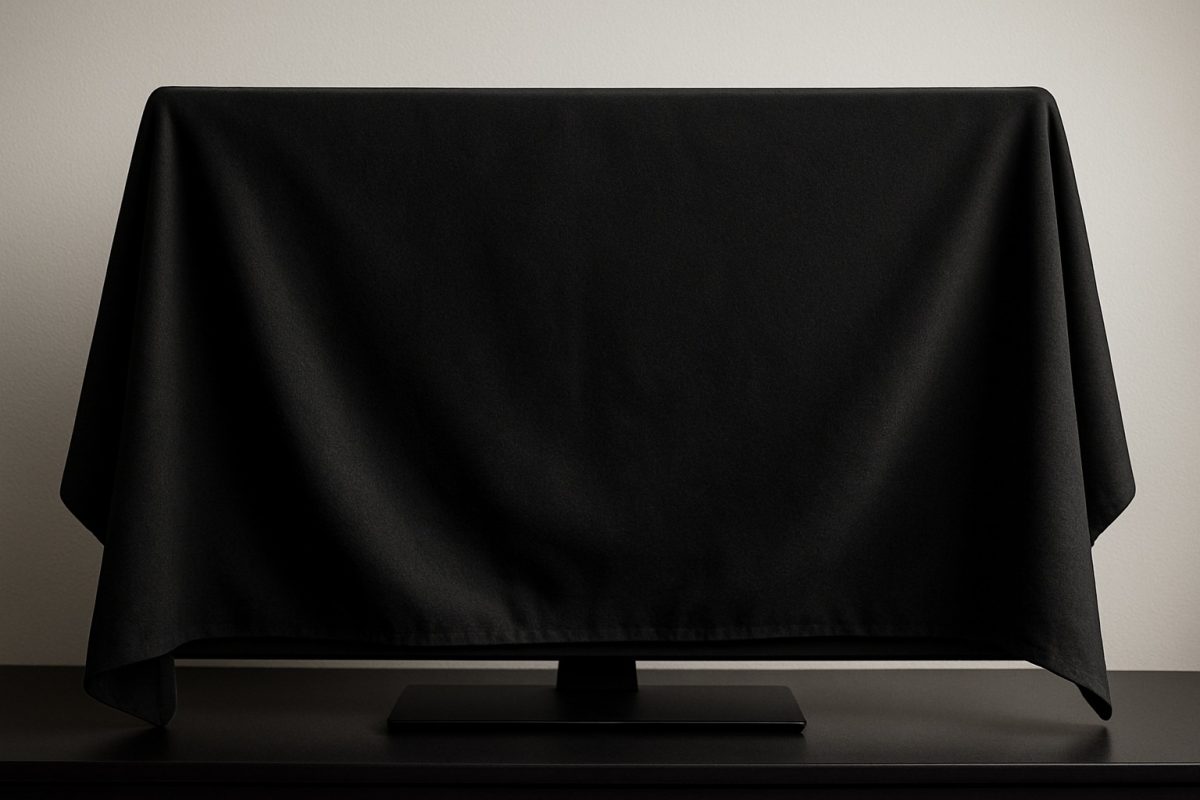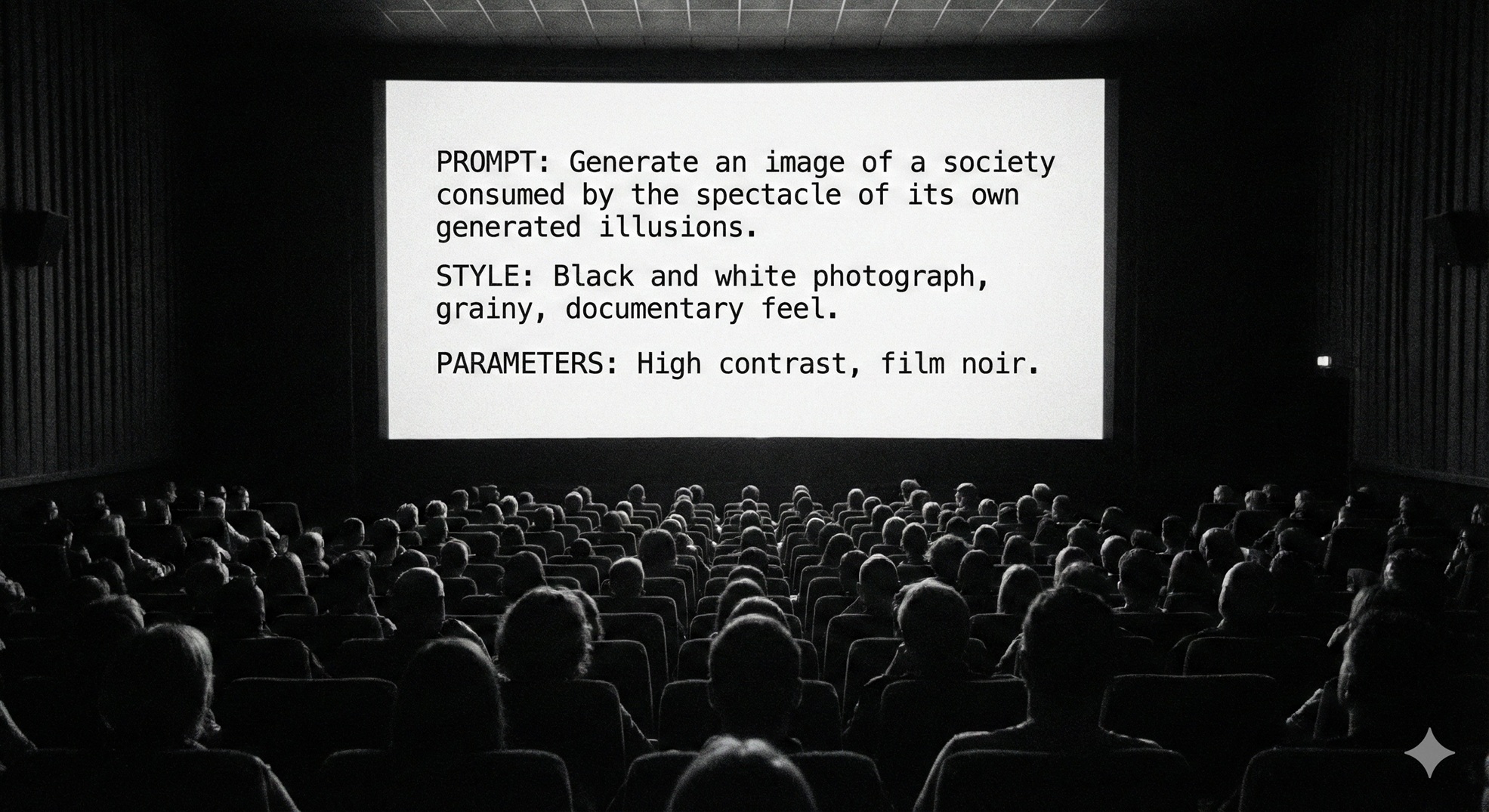Search traffic for one of the US’ largest telcos fell by 10% after it suspended its TV advertising for a week.
The company, which was the third most searched-for brand in its category on Bing, was consistently spending more than $1m per day on TV advertising in the run-up to the experimental blackout in April 2018.
During the week that it suspended its TV advertising, the telco maintained spending on all other channels, and as soon as the week was over, it went straight back to spending more than $1m per day on TV ads.
The results of this quasi-experiment, which were published in the Journal of Marketing, showed that the telco’s search traffic dropped almost immediately after it ceased advertising on TV, and then took around two weeks to recover to pre-blackout levels after it had resumed spending.
During that three-week period, the telco received 10% fewer searches overall than it would have done if it had not suspended its TV advertising.
Searches for information about the telco’s promotions, contracts and devices — which featured in its TV ads in the run up to the blackout — declined the most, with cumulative losses reaching 25%, although they were the quickest to recover when the TV ads were reinstated.
Navigational searches — for information about customer support, the location of stores, or a customer’s existing account — declined by only 5% overall, but took three weeks to recover.
Brand searches, meanwhile, declined approximately 10%, while searches for the website fell by something like 20%.
The authors of the paper also measured the effect that the brand’s TV blackout had on searches for its competitors, and found that they were ‘small and short-lived’ but, overall, the switch-off had a slightly negative effect on searches for the telco’s smaller rival, and a slightly positive one for its larger competitors.
While the hold-out test saved the telco $10m in media spend, the authors warn against interpreting that as a reasonable trade-off for a 10% decline in search traffic, speculating that the brand likely benefitted from the lingering effects of its previous ads on customer awareness and behaviours, which mitigated the drop.
All the search data for the study came from Bing (one of the co-authors of the paper is an economist at Microsoft, which owns the search engine). The study does not name the telco that suspended its TV advertising, but T-Mobile matches the description of the company given in the paper, as well as information about Bing search traffic from 2018, provided by Microsoft Co-Pilot.
Main image created using ChatGPT



















